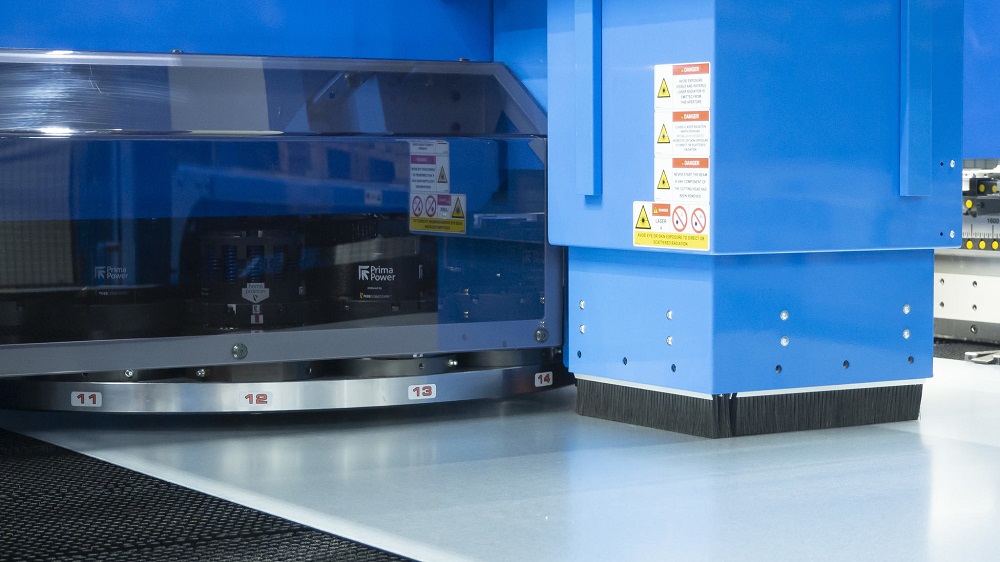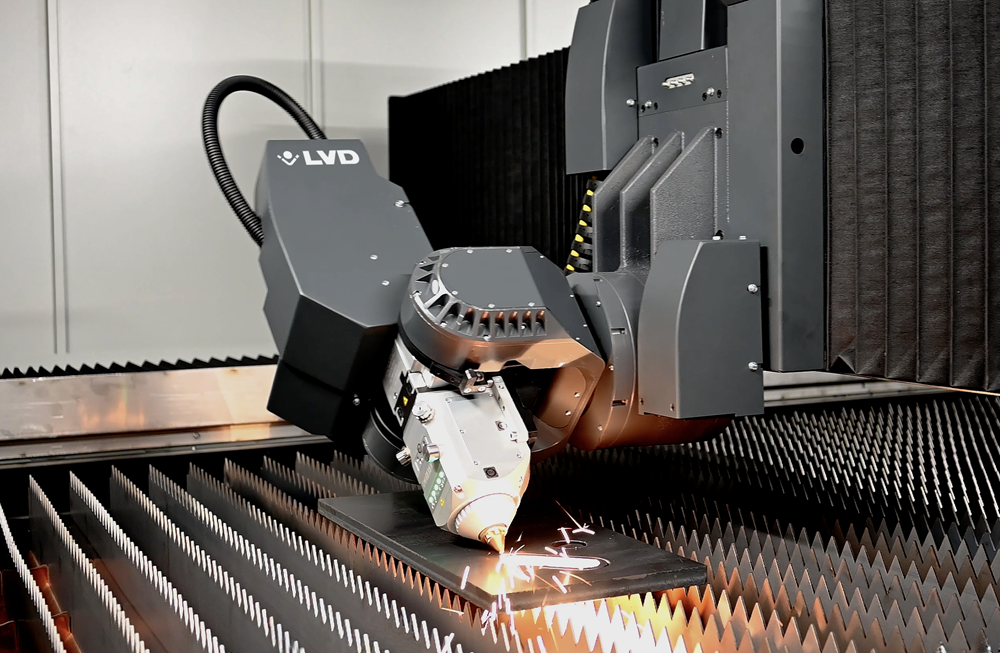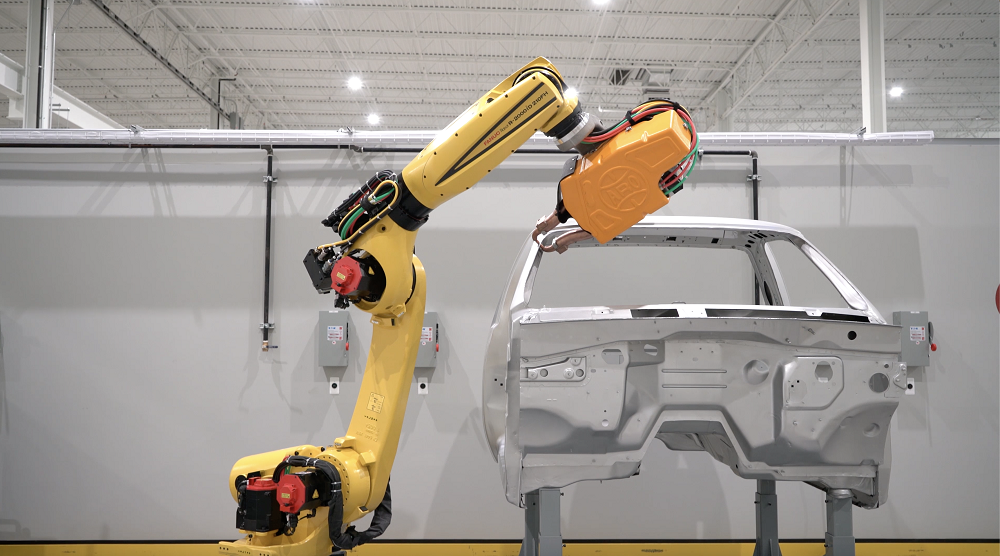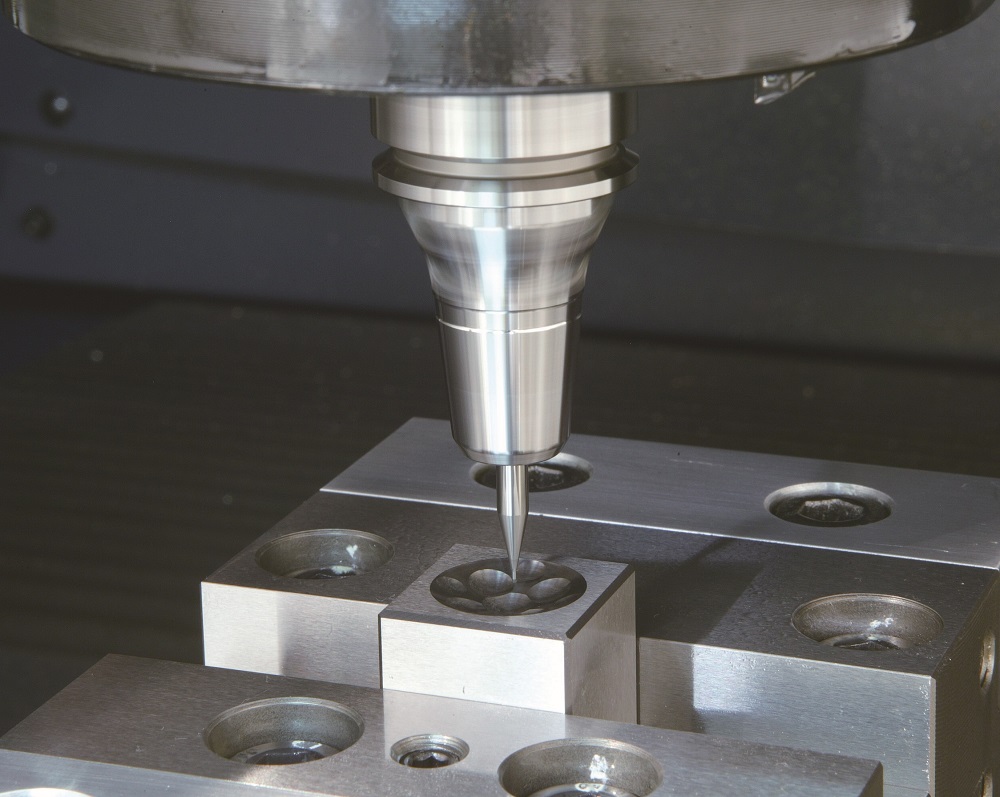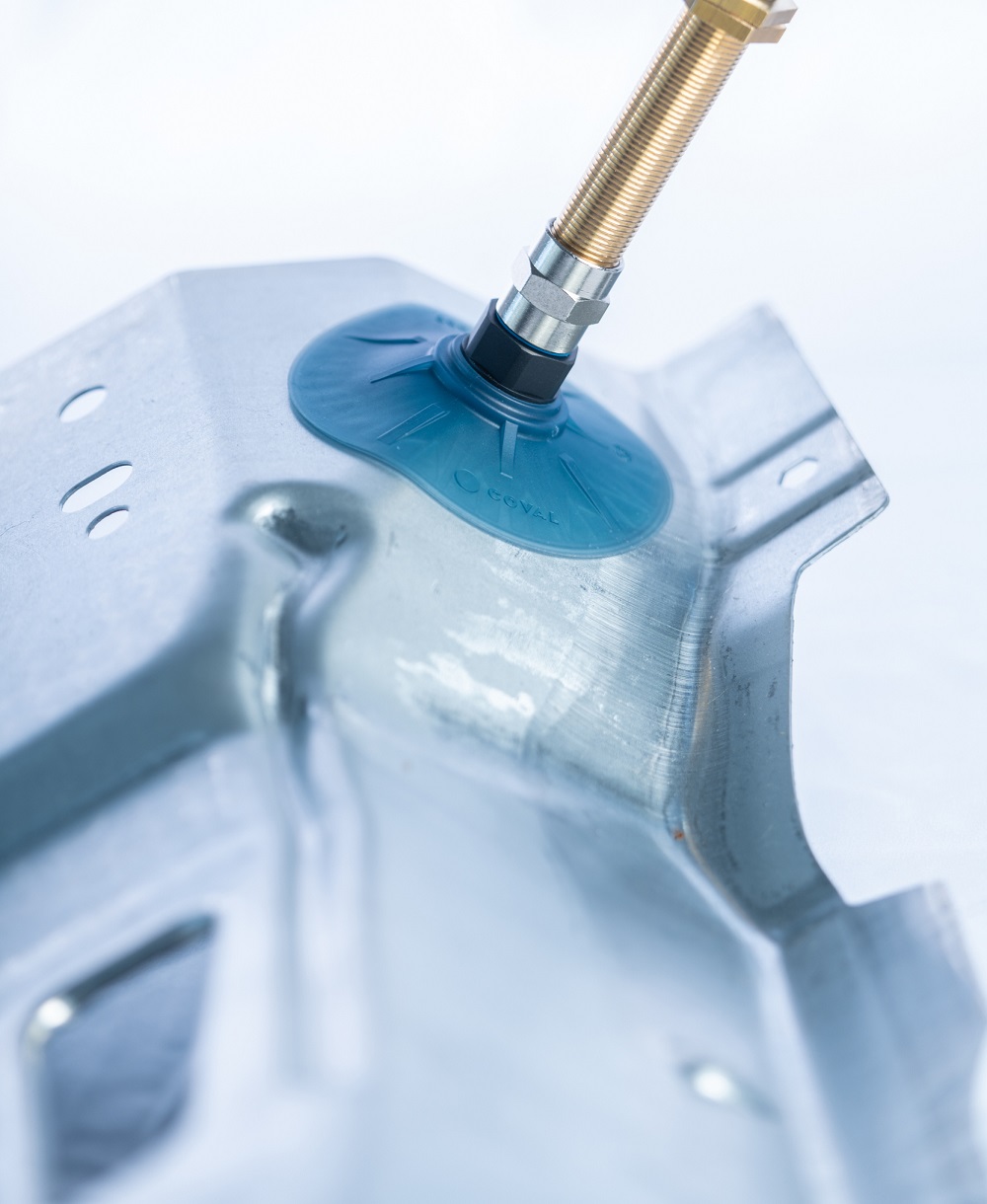Laitila Coating already had two turret punch presses, but now arrived the need for a machine that could combine punching and laser technology, with the company opting for a Combi Sharp 1225 from Prima Power with Compact Express automation.
Managing director Kai Salo and production director Petri Kallio from Laitila Coating Oy visited Prima Power’s Seinäjoki factory prior to the purchase.
“We wanted to see what the machine is capable of and what its limits are,” explains Salo.“Tests confirmed the ability of the machine to cut burr-free 6 mm copper, which we use in electrical conductors, for example. Initially, the discussion focused on 1kW fibre model, but after more assessmentwe upgraded to 3kW, which is better suited to our purpose.
“This machine investment will be the missing piece we have needed for a long time,” he continues.“In recent years, we’ve been determined to push a strategy whereby our company offers customers a more versatile and wider package under one roof: mechanics as finished products with surface treatment. The sheet metal side has needed an update to make us even more credible. Now we can offer both punching and laser cutting for sheet-like products alongside the already existing waterjet cutting.”
The work situation in Laitila has grown steadily and the future looks very promising.”
“We know that our company’s service capability and efficiency will improve, and we have all the conditions to do well in the market,” says Salo.“We want to grow profitably and continue to invest as much as possible. We’ll continue to be a credible and significant partner in sheet metal work, alongside the former busbar production.”
For further information www.primapower.com






